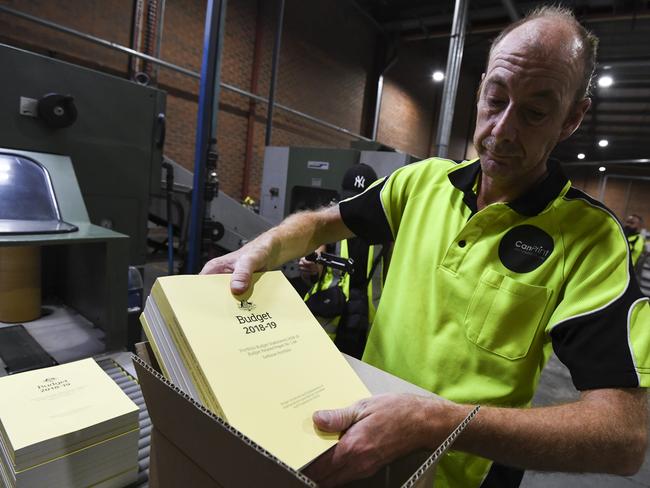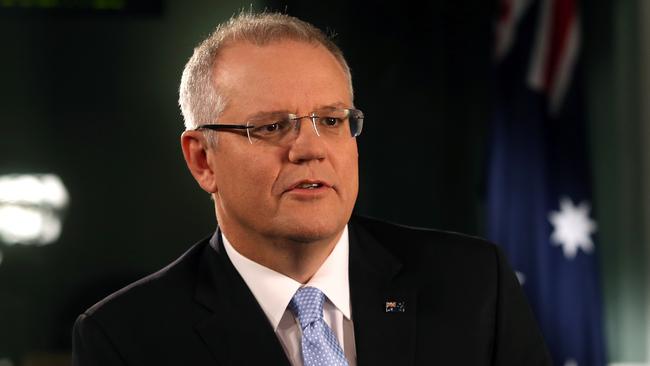Federal Budget 2018: Research and development tax rorts to be shut down
DODGY consultants gouging millions of dollars via the controversial research and development tax incentive will be hit with new measures in the federal budget with $199m in consulting fees paid to accountants and written off under the scheme one of the main targets.
NSW
Don't miss out on the headlines from NSW. Followed categories will be added to My News.
DODGY consultants gouging millions of dollars via the controversial research and development tax incentive will be hit with new measures in tomorrow’s federal budget.
The measures are designed to slash the rorts after a review found the incentive open to large-scale abuse. The Daily Telegraph understands that consultants, who currently reap $199 million under the scheme, are likely to lose out under new compliance and integrity measures that crack down on dodgy claims.
It comes after a number of recent criminal proceedings against dodgy tax agents.

The latest R&D incentive was introduced in 2012 and has since expanded to hand out $6.1 billion in tax breaks for companies which research new products domestically.
But government sources said there were sharp concerns the scheme had turned into a mini-industry for accountants and consultants who promote it as a way for companies to avoid paying taxes, including backdating claims in a process known as “grave digging”.
Tighter rules about what can and can’t be claimed, to be announced as part of the new crackdown, are expected to slash business for these rogue operators. Consultant fees and compliance costs, which can all be claimed as a tax refund under the scheme, reached $636 million last year.
MORE
FEDERAL BUDGET 2018: What we know so far
FEDERAL BUDGET 2018: NSW loses out to Victoria

The R&D tax incentive is meant to encourage businesses to invest in research, including medical breakthroughs, in Australia. But companies are increasingly being told by accounting firms, including some of the nation’s largest, to use the scheme in exotic ways including, in one example, to avoid having to pay levies on growing wine grapes.
Tax authorities have already begun prosecuting the most serious cases, including sentencing tax agent Arjuna Samarakoon to 29 months in jail for trying defraud the government of $550,000 through the scheme.
And Australian R&D Funds and Grants Services Pty Ltd was ordered to pay a $4.25 million penalty for promoting dodgy tax exploitation scheme.
MORE
FEDERAL BUDGET 2018: Return to surplus by 2019-2020
FEDERAL BUDGET 2018: Mathias Cormann on tax cuts
FEDERAL BUDGET 2018: Treasurer Scott Morrison ‘no grinch’

Treasurer Scott Morrison’s office declined to comment but, in a speech last month, Mr Morrison said the scheme was “not about writing blank cheques to everyone”.
“This is not a tax incentive for business as usual,” he said. “This incentive has been taken for a ride by some and integrity needs to be restored.”
A review of the scheme, led by Innovation Australia chairman Bill Ferris, found almost any type of expense could be claimed.
“The issues of most concern relate to poor understanding of the R&D definition that leads to incorrect self-assessment of eligibility of activities ... exaggerated expenditure claims and lack of a sufficient nexus between the amount of expenditure and registered R&D activities,” it reads. There were also major concerns about “boundary pushing” of the definition and rules and “complexity in the rules of the program”.
The review recommended an “intensity test” to restrict the tax incentive to companies which spent more than 1 per cent or 2 per cent of expenses on research, weeding out firms using the scheme to minimise the amount of tax they pay.


